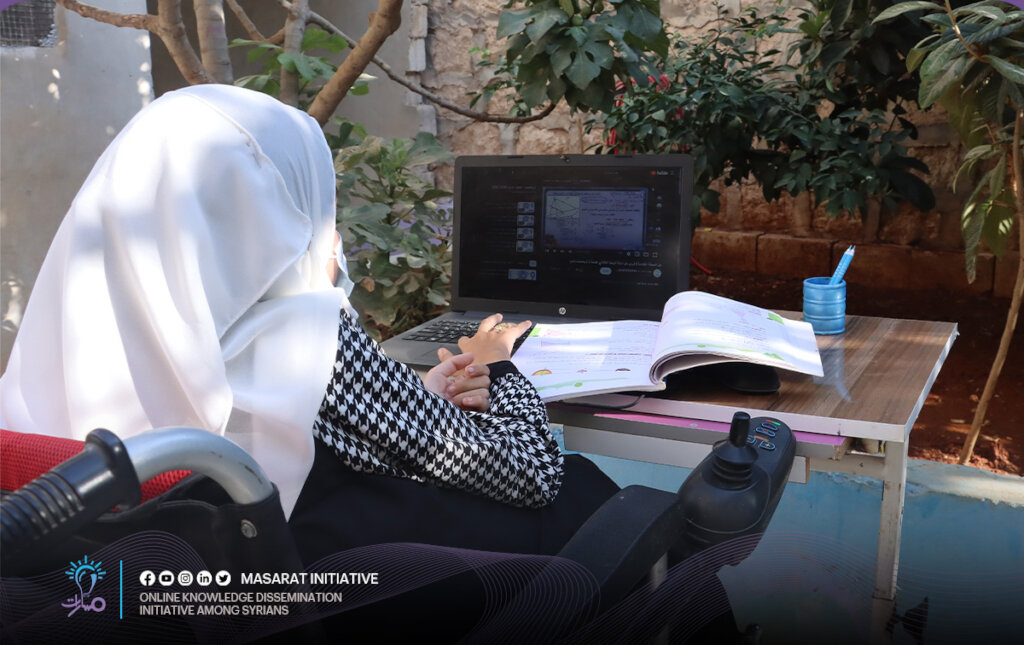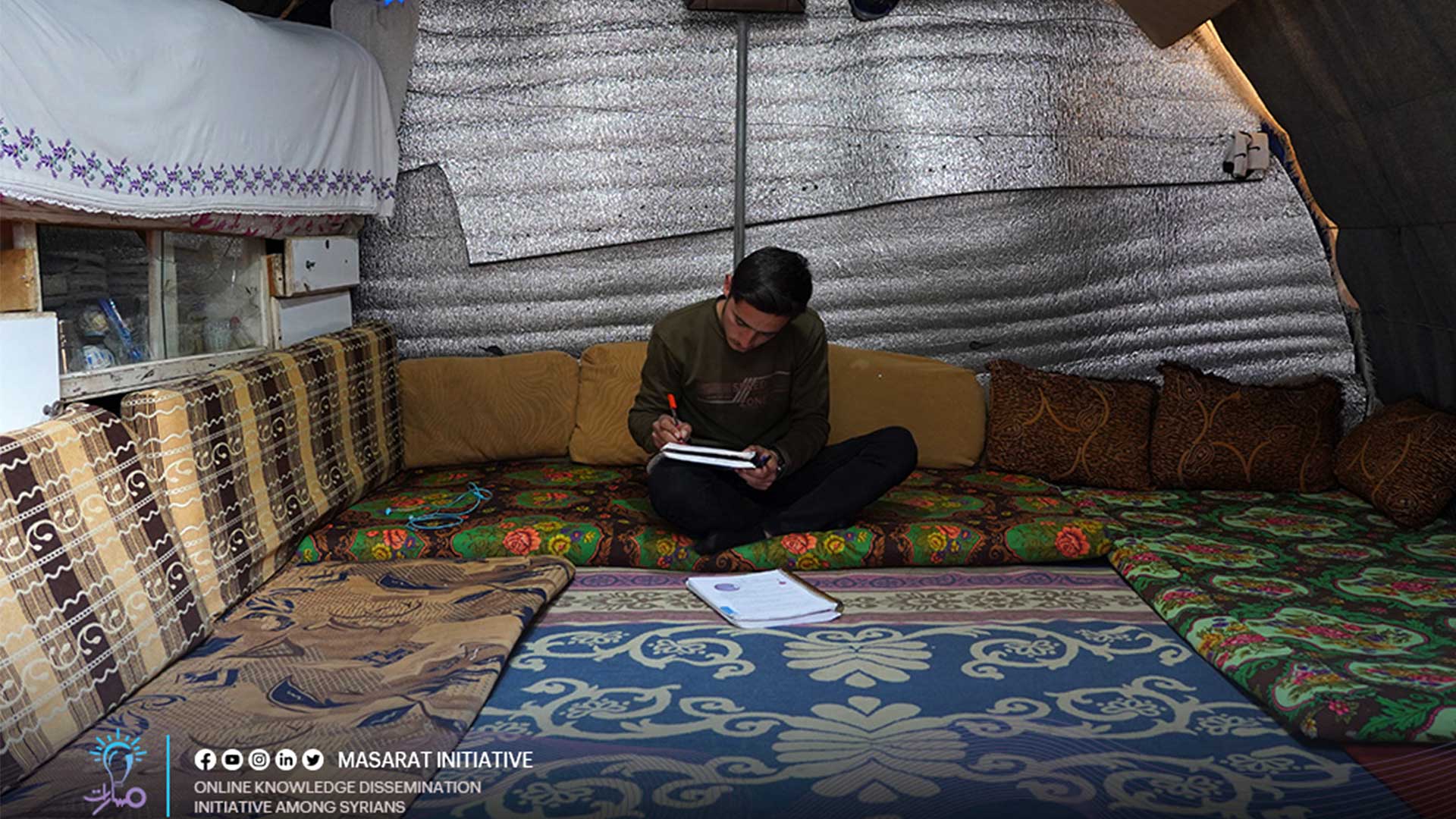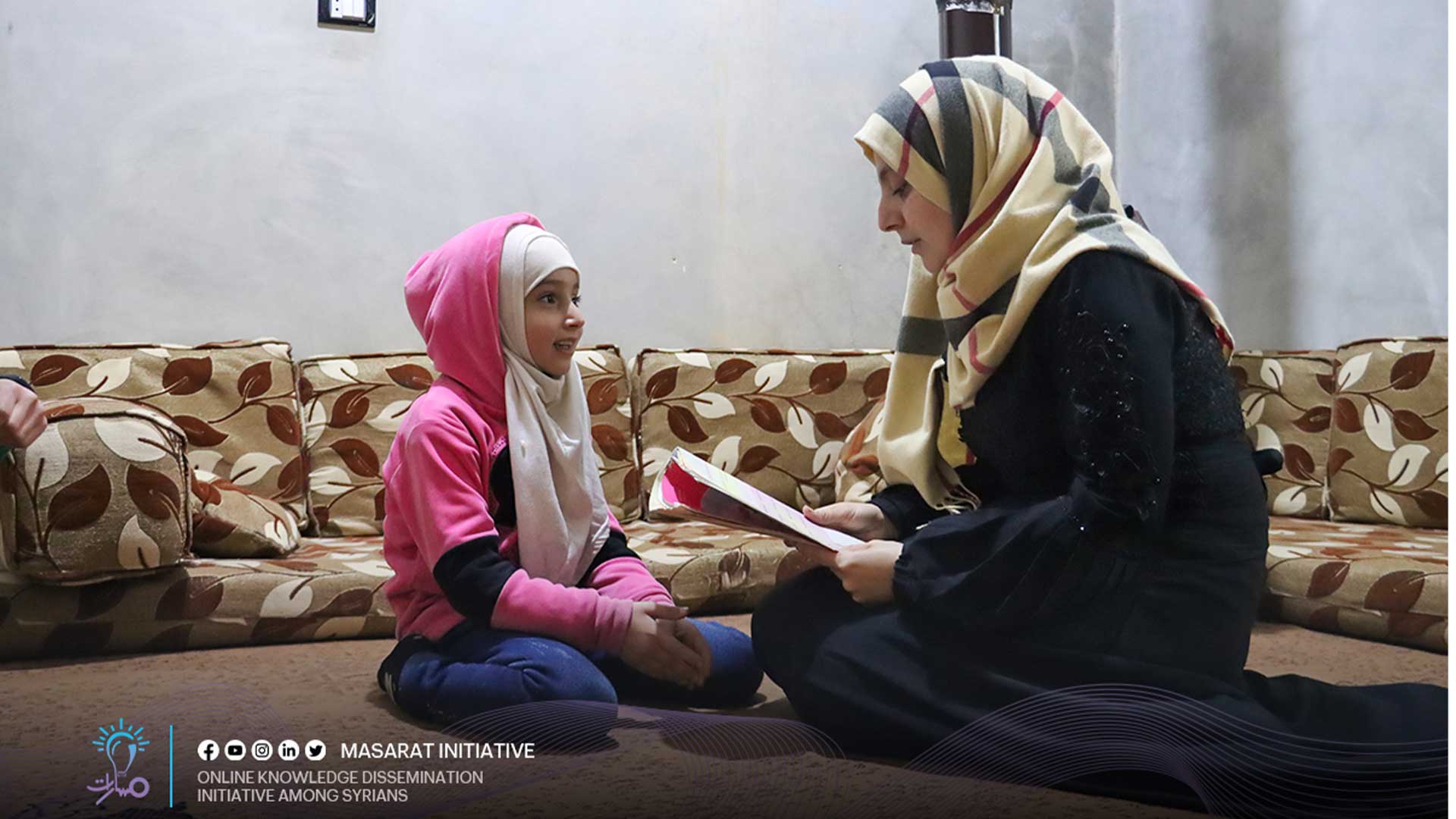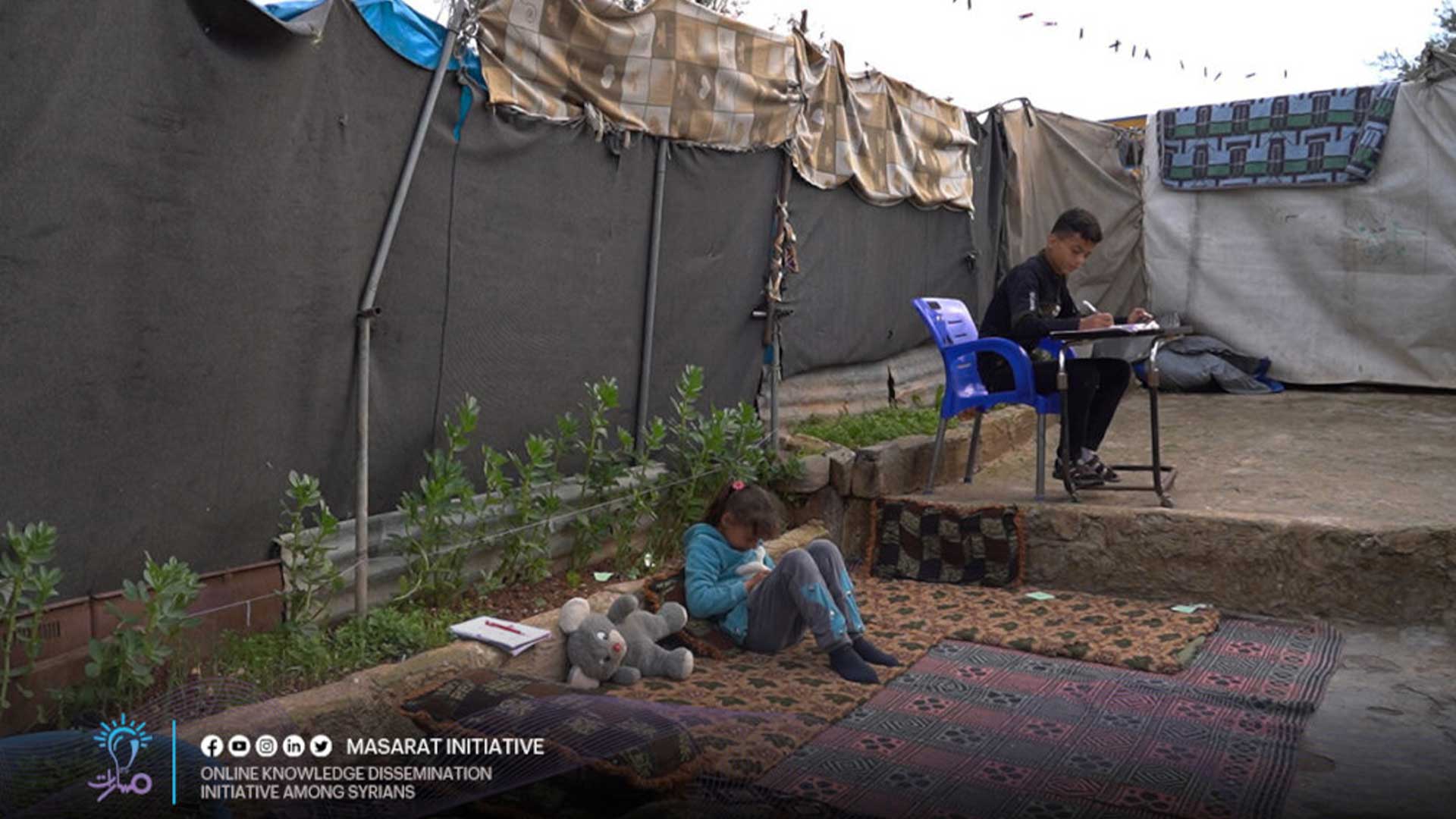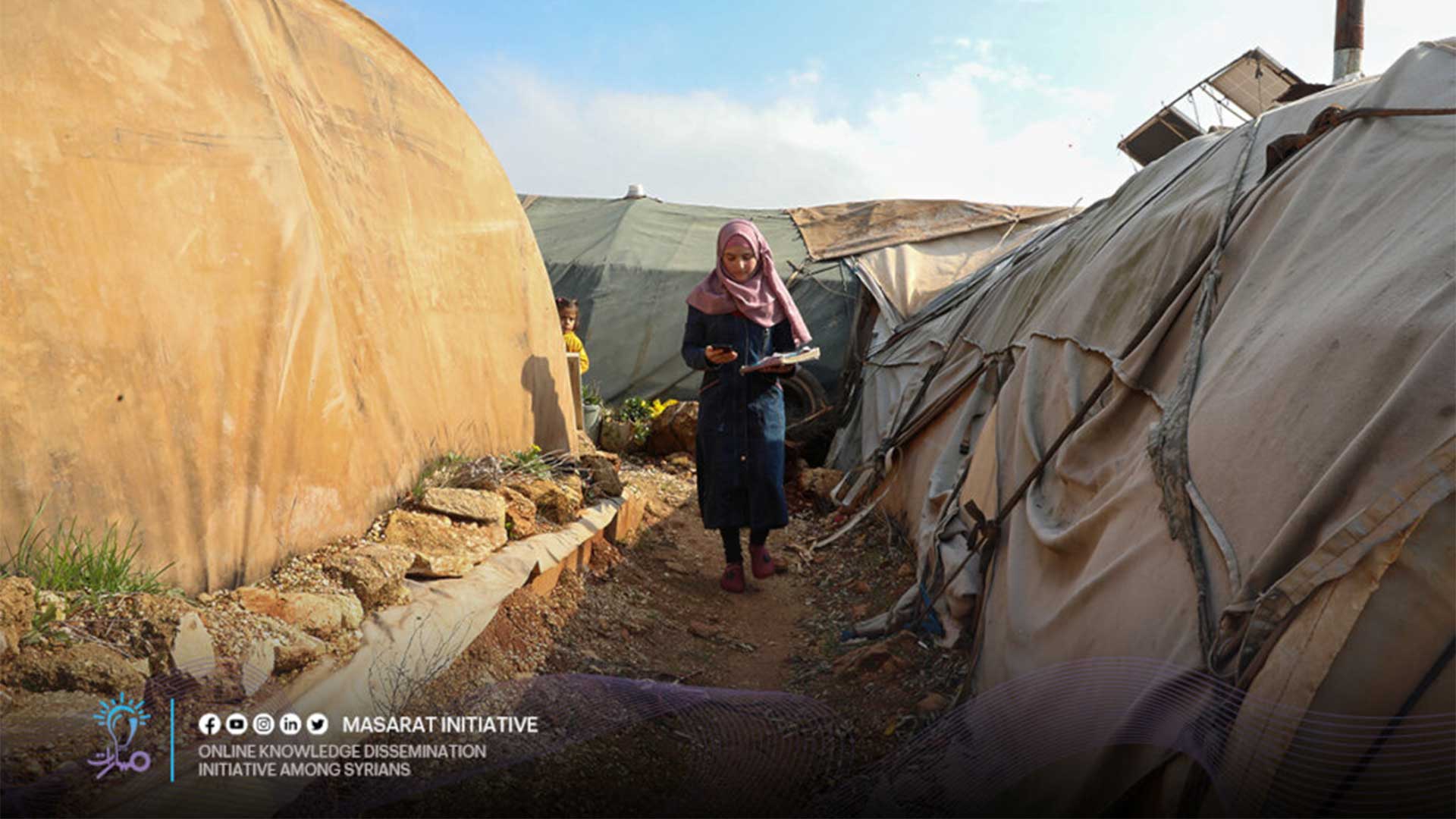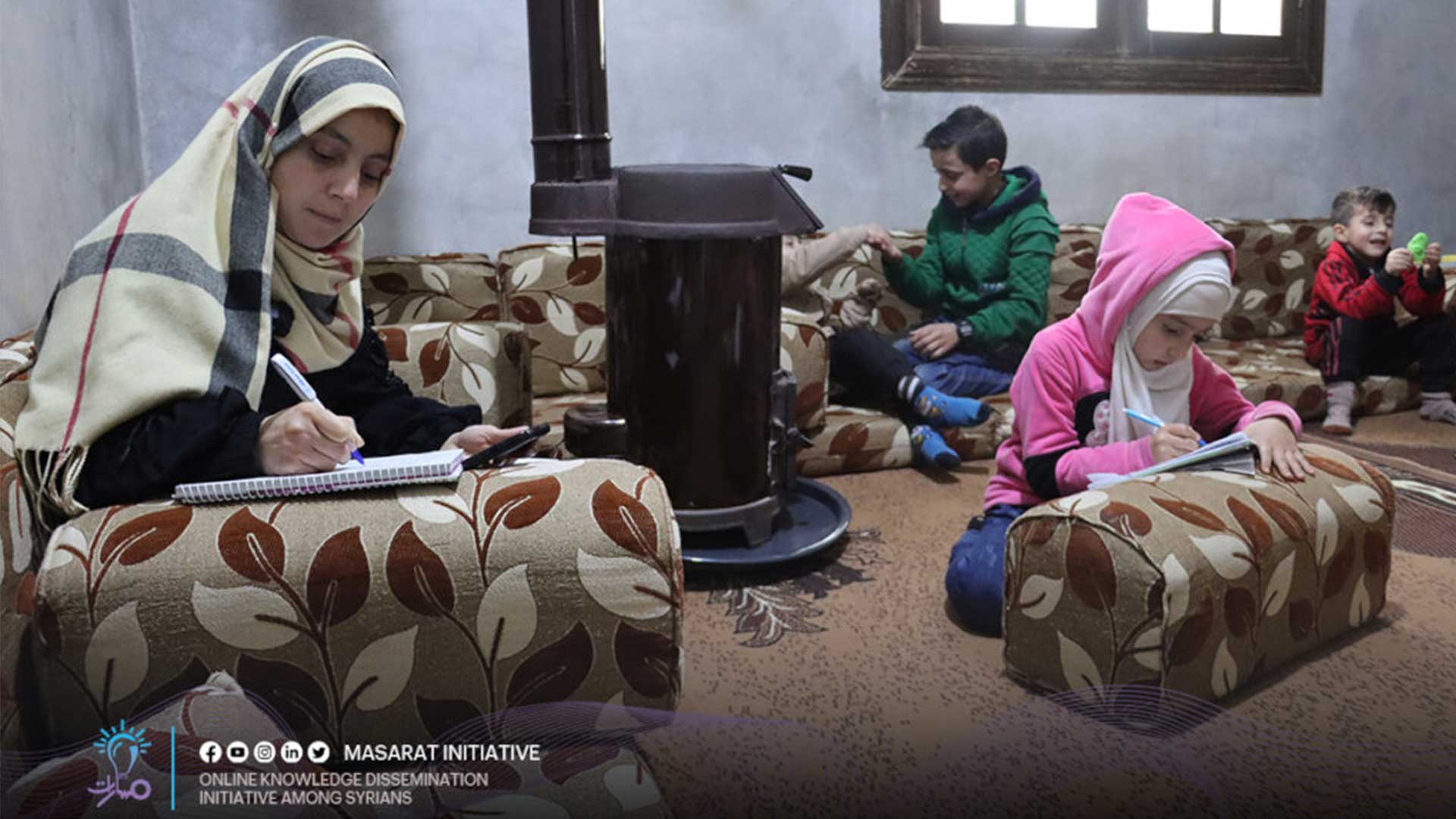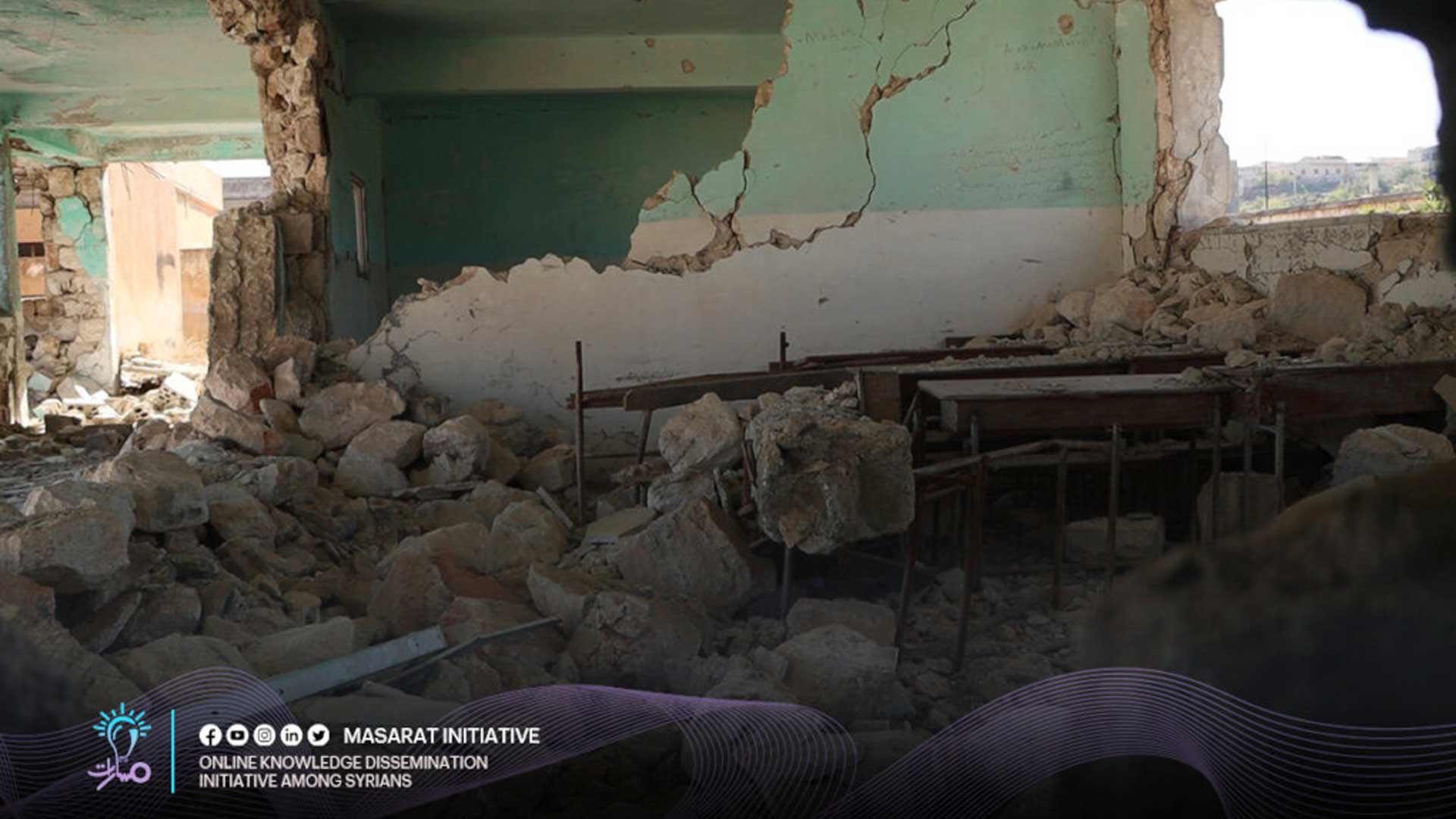In an era characterized by speed and development, sustainable development in education has become a pressing necessity to meet the requirements of the times. It’s a vision aimed at achieving positive change in the educational process and ensuring its long-term continuity to meet the basic needs of generations.
The goals of sustainable education have long-term effects, benefiting learners in both academic and practical life. For this to be realized, education must be of high quality. The most significant achievement in sustainable education is its continuity and the recognition of sustainability dimensions in education.
In this text, we will share some concepts about the sustainability of education.
What is Meant by Sustainable Development in Education?
Sustainable development in education means building an educational system that provides equal educational opportunities for everyone without discrimination and is based on integrating the principles of sustainable development within innovative teaching methods.
Following strategies and methods aimed at adding valuable information to students, striving for a balance between information and how it is applied, because the process of application and its management are all considered new arts acquired by the student, helping them to possess life skills such as cooperation, idea exchange, information sharing, and learning practical ways to organize information.
Objectives of Implementing Sustainable Development in Education
The most important objectives of sustainable development to mention are:
- Highlighting the importance of the educational process in achieving future goals.
- Emphasizing on enhancing the educational process in unique ways to enrich it, leading to the elevation of education’s status for everyone.
- Using innovative methods aimed at adding experiences for teachers and developing learners’ skills.
- Empowering students to understand the fundamental role of education in their lives and teaching them acquired methods of self-education.
- Ensuring education reaches all segments of society without exception.
- Promoting education with global standards.
- Providing an educational environment that encourages critical thinking and innovation.
- Enhancing awareness of sustainability issues and incorporating them into the curricula.
- Building the capacities of teachers and trainers to guide the educational process towards sustainable development.
Components of Sustainable Development in the Educational Process
The components of sustainable development rely on three main pillars: environment, economy, and society. Therefore, to achieve the goals of sustainable development, a foundation that solves the problems faced by students is necessary, through:
Strategic Guidance
Setting a clear vision and firm action plans to achieve the goals of sustainable development, considering the educational and environmental process for generations, to ensure its appropriateness.
Inclusiveness
Ensuring the participation of all community categories in the educational process without discrimination because the essence of sustainable education is to empower individuals from different cultures to deal with opinion differences and legitimate ways to address inequality.
Quality
Providing a high-quality educational experience that ensures the desired outcomes, adopting sustainability methods that work on acquiring and consolidating information effectively for the individual’s benefit in various life areas.
Interactivity
Encouraging interaction and cooperation between students, teachers, and the local community, and community service, and integrating them with teaching methods and activities to discover new dimensions of sustainable education.
Diversity
Adopting diverse and innovative teaching methods that suit different students’ needs, considering individual differences, ensuring innovation, and critical thinking.
Principles of Sustainable Development in Education
It’s essential to note that the principles of sustainable development seek to achieve intellectual integration in individuals in building the educational process, clarifying that education fundamentally relies on creative thinking, innovation, and correct understanding and application of information, thus solving individual problems and acquiring multiple skills from focusing on a single aspect of education.
It should be noted that the principles of sustainable development encompass broader concepts, such as:
Solidarity: Joint effort to achieve educational and societal goals.
Justice: Ensuring equality of opportunity and fair treatment for all students.
Transparency: Integrity and transparency in the management of educational resources and decision-making.
Sustainability: Preserving educational and environmental resources for current and future generations.
Tolerance: Cultivating noble values to reduce societal suffering among individuals.
Exploitation of Natural Resources: Teaching practical ways to exploit environmental resources in education to minimize the depletion of nature.
Poverty Reduction: Sustainability largely relies on the development of individual skills so one can keep pace with the developments and challenges faced; through the process of continuous education or lifelong learning; what does this term mean?
Lifelong Education
implies that an individual acquires cumulative knowledge experiences that enhance the connection between academic life and practical life through continuous learning without interruption, developing new skills for competing in the job market. Sustainability in education heavily depends on this approach, stimulating curiosity, discovery, and quick solution finding, as curiosity in work or study leads to innovation and creativity, achieving the best results.
The importance of lifelong education
lies in professional development, achieving success, self-learning, and expanding an individual’s knowledge, enabling them to process information in a distinctive and new way.
In this age, technology plays a crucial role in supporting continuous education, with online learning becoming widely accessible to everyone with the necessary resources, using these resources systematically and balanced. Masarat Initiative provides educational materials on YouTube for all learners as a knowledge endowment, facilitating access to this information; hence, Masarat adopts sustainable education as a fundamental approach in the initiative’s performance to provide education for all and equal educational opportunities.
The Role of the Teacher in Achieving Sustainable Development
The teacher is the cornerstone in achieving sustainable development in education, bearing the responsibility of guiding students towards the desired goals through adopting innovative and sustainable teaching practices and striving to include the values of sustainable development in the educational process, such as:
- Emotional and social skills
- Innovative ways to access information
- Dialogue and idea exchange (“brainstorming”)
How to Implement Sustainable Development in Education
Incorporating sustainability concepts into curricula and academic activities, encouraging students to acquire critical thinking skills and problem-solving related to sustainability, providing an inspiring educational environment that encourages interaction and active learning, training teachers on using innovative and effective teaching methods that promote sustainable development, and enhancing cooperation between schools and the local community to provide the necessary support and resources for achieving sustainable development.
However, attention must be paid to the challenges facing teachers in integrating education with sustainability, such as material and cognitive challenges, requiring teachers to be trained to global educational standards, which Masarat Initiative strives to achieve by directing teachers for continuous training on methods and curricula for acquiring them, to present them in an educational and methodological framework to students.
Values and Orientations Students Should Acquire to Achieve Sustainable Development
- Awareness of the importance of sustainability and preserving natural resources.
- Commitment to active participation in community and environmental life.
- Critical thinking and analytical and problem-solving skills.
- Respect and appreciation for different cultures and human diversity.
- Cooperation and positive interaction with others to achieve positive change.
Sustainable Development Activities in Education
- Organizing discussion circles and workshops on sustainability concepts and their applications in education.
- Hosting cultural and environmental events that encourage awareness of sustainability issues.
- Launching sustainable educational projects that include conservation of natural resources and environmental awareness.
- Organizing field trips and visits to environmental sites to broaden students’ horizons and enhance their sustainability awareness.
- Encouraging students to participate in volunteer initiatives aimed at improving their school and community environment.
Masarat for Education and Sustainable Development in Syria
Masarat is an educational initiative that offers comprehensive and knowledge-based educational services for Syrians for free, especially those in dire need of this support, such as orphans, people with disabilities, and the poor living in displacement camps. This initiative is based on an integrated model that includes school education, student activities, academic advising, and providing psychological and technical support, in addition to vocational training, to ensure a comprehensive educational environment that helps students achieve the maximum possible benefit.
Masarat represents a sustainable and innovative business model aimed at empowering beneficiaries intellectually to play their role in the comprehensive development of the entire community.
Since its inception, “Masarat” has been able to provide its services to more than 31,000 students for free, affirming its commitment to offering education and support to the neediest segments of society.
